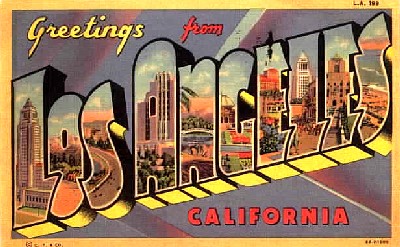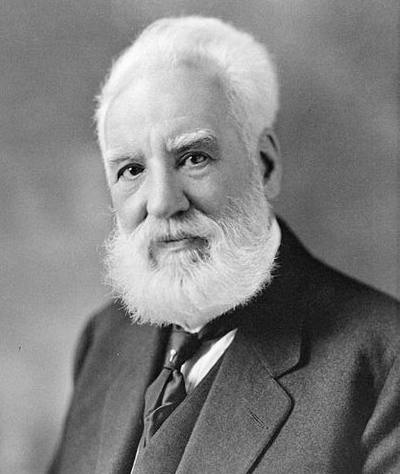
Greetings from sunny Los Angeles! City of unbridled blue skies and happiness! This is ridiculous, this weather. It’s like straight out of the paradise factory. Locals here have been telling me with a straight face that they’ve actually had a pretty severe winter this year.
“I don’t believe you,” I told them.
“No really,” they insisted. “It rained for a week.”
A week! The horror! When I left New York on Saturday, it should be pointed out, three inches of rain had fallen in the last twenty-four hours. Everyday was another shade of gray. When the sun actually poked out, it was like a cockroach caught in the kitchen lights. It quickly hid behind another cloud. Depressed weathermen and women had taken to drinking Scotch on air.
But enough about weather, let’s talk about hookers.
No, let’s not. Or if we have to, let’s just say: damn. The hearts of men are very complicated places. Often what drives us is what we despise in ourselves. And is that such a bad thing? To heal the world we have to feel its pain, its flaws, as our own. Otherwise we end up declaring war so we can stare down daddy at the dinner table.
Been staying with my older brother, Ari, his wife Martha, and their two lovely daughters, Olivia and Annie. In between unsuccessful attempts to come to any kind of consensus about the upcoming election (Other than: AHHHH! AHHH! They better not win again!) Ari and I sat down and watched the final episode of The Wire.

What a show. I loved that show and will miss it and took a moment from my normal obsessions to gaze deep into the crystal ball and gauge the future of several main characters:
Bunk: Love, alcohol, work, death, love.
Michael: Death, death, death, love.
Dukie: Child of God, forgive us. You deserved all.
Carcetti: Was it worth it?
Slim Charles: At night, his disembodied voice hovers about the streets of the city like fog.
Barack Obama: Keeps his dignity. No small thing.
McNulty: Love, alcohol, alcohol, alcohol, death, love.
Baltimore: The same, only worse. What a show.
In Pennsylvania, one senator alludes that another senator will sell us out to the turbaned hordes as soon as possible. Such is the game that the willingness to massage truths until they are, more or less, lies, is seen as a strength. In other words, in The Wire’s words: its all in the game. All in the game.
But why can’t we change the rules?
That’s all by the by. This here ain’t a political blog; I hear the internets might have some of those. Today I visited the
Echo Horizon School in Culver City, Los Angeles. Echo is unique in the state, perhaps in the country -- there are about 25 implant and hearing aid wearers in the school of 280 or so (K to 6), and they are folded seamlessly and ingenuously into the regular classes. In this format, the hearing impaired children are pushed to learn at the same pace as everyone and, perhaps most importantly, they and their classmates learn to see hearing impairment as irrelevant – not that it isn’t there, but that it doesn’t matter – the world is wide and open to all.
A point I tried to get across during two presentations in the school library. Afterwards, I took questions. Hard ones.
“Can you wash your hands with aloe and vinegar to prevent diseases?” asked one boy.
“Do they play soccer with rocks in Zambia?” asked another.
“Do you like me?”
This was Sam – the same Sam from the reading at Dutton’s last fall. Sitting front and center in the crowd of fifty students, his smile as broad as always.
“Yes, Sam, I like you,” I replied.
“Have you ever tried a Shamrock Shake from McDonalds?”
“Were you scared of catching diseases?”
“Do you love me?”
“Yes, Sam.”
“What did the people in Africa think of your hearing aids?”
“What was the most important thing you learned in Africa?”
“Have you ever been in love?”
“Sam, please…”
Sharp kids, tough questions, but all of it done with a smile. Can the world really be such a mess if we’re giving kids such a future? But then you think of the kids in The Wire...and...damn.

Well, this is late notice, but if you’re in the LA area, tomorrow night there will be a reading and interview at the
LA library. There will be sign language interpreters and tickets are still available.




